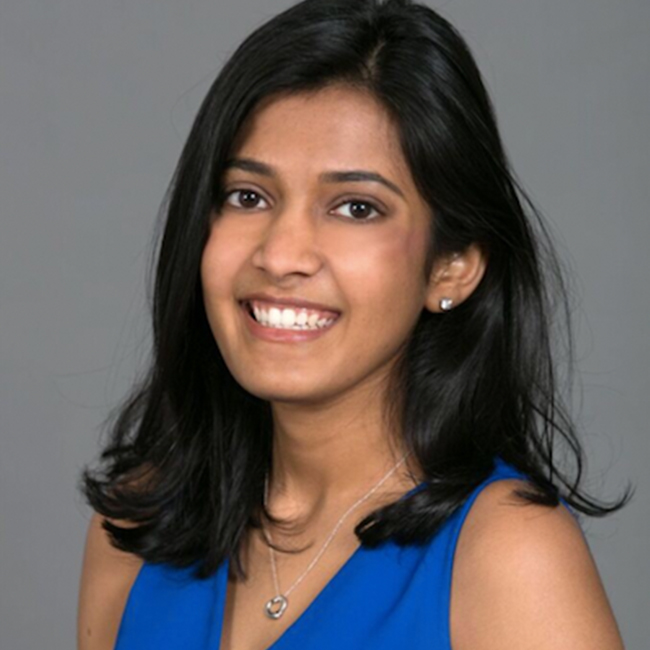
After a few years out of college, working in the financial industry through an analyst management program, Anu Raghuram (Master of Behavioral and Decision Sciences `19) decided to explore a more human-centered approach to her field. “A lot of the economics I studied during my undergraduate career is quite theoretical in nature,” she recalls. “I was interested in understanding the how and the why behind decision-making—from the micro level, where we're talking about consumers purchasing goods and services, all the way up to the macro level where we're talking about economic policymakers.” When she discovered Penn’s Master of Behavioral and Decision Sciences (MBDS), she spoke to a few of the students from the program’s inaugural class, and ultimately decided to apply to the program’s second cohort. “Our cohort had students from all kinds of industries, all different academic backgrounds, and cultural backgrounds too,” says Anu. “I grew up in Singapore, and really value the opportunity to continue immersing in a diverse environment.”
Anu valued the flexibility to take both traditional courses and independent studies, the support of faculty advisors and University resources such as International Student and Scholar Services, and the encouragement to take courses across schools and disciplines. “My interests range from exploring organizational behavior to understanding economic development and financial decision making. I felt that my electives complemented those interests and encouraged me to mentally form connections across different subject areas,” says Anu, who took courses at the Wharton School and School of Social Policy. “Explore all the opportunities that are available to you,” she adds. “You may feel that another school’s course or event might not be relevant to you, but when you inquire, you may find out that there is a way that you could contribute. Take advantage of that, push boundaries, and see where you can create or make a positive impact.”
Anu’s advice comes from experience: in the MBDS program’s first annual design challenge, Anu worked with a New York-based marketing research firm on a project to understand how credit card rewards impact consumer spending and saving. “I knew I wanted to do a design challenge in the first place so that I could apply what I was learning in a real-world context,” says Anu. “I formed a really good relationship with the industry partners, and eventually collaborated with them for my capstone project.” Her capstone research explored technological innovations in the insurance space, and how behavioral science could be leveraged to retain and engage customers through human-centered approaches.
Anu now works as a data scientist at the JP Morgan Chase Institute, a global think tank that specializes in economic and policy research insights with an eye toward social good. “The economic research that I do on a day-to-day basis is focused on understanding small business dynamics, and how firms operate and make decisions,” she explains. “It’s a blend of working with real bank data while using academic research methodology—similar to the research approaches I experienced while in the MBDS program.”
“Having a sound understanding of behavioral science has benefited me in my current role at every stage, from forming research questions to shaping a story from the data,” adds Anu.
